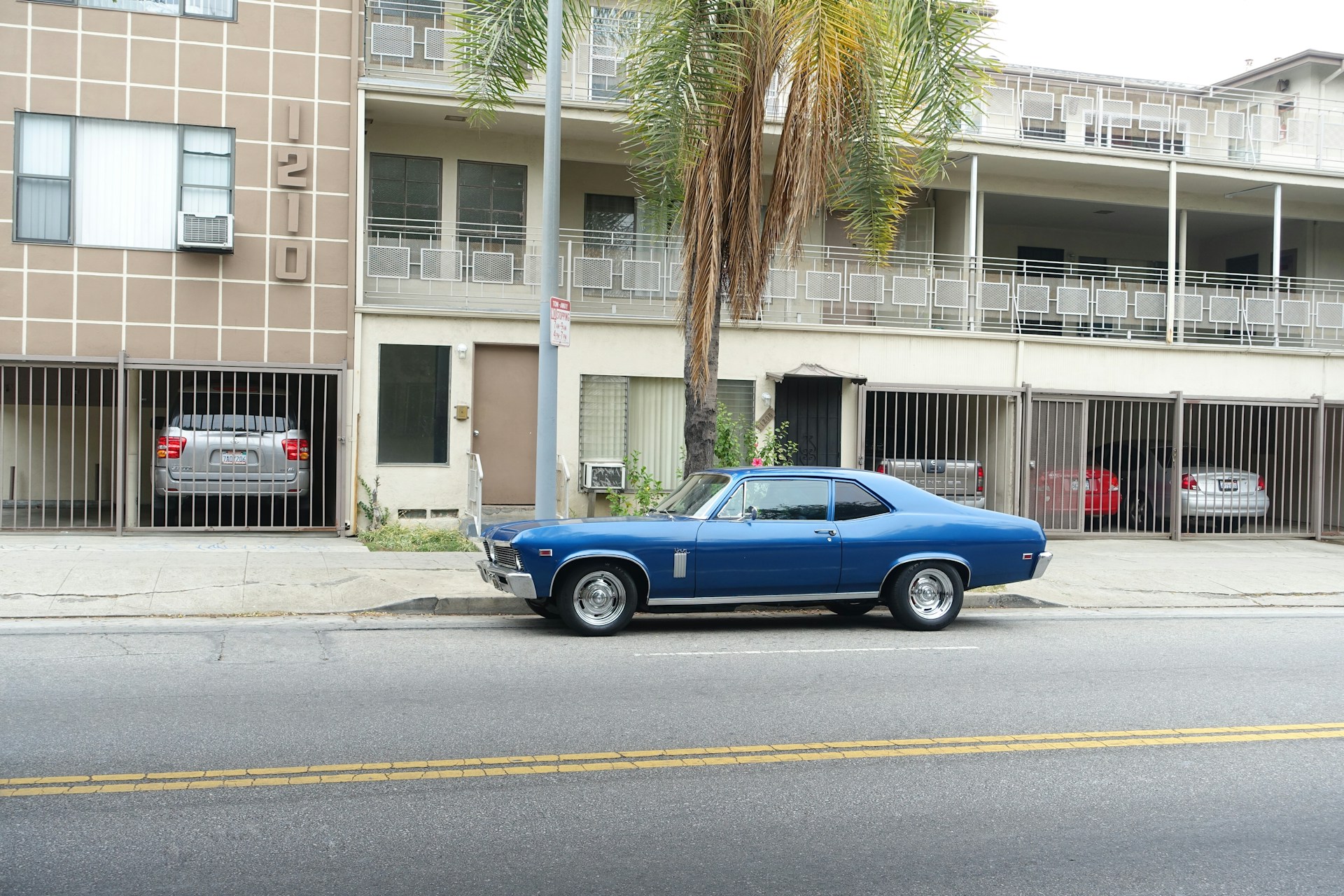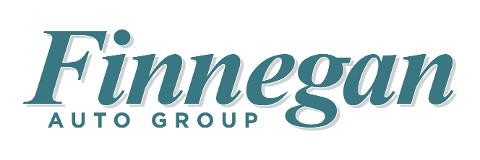Identifying the Top Benefits of Leasing vs. Buying a Car in 2025
Deciding whether to lease or buy a car is more than just choosing a vehicle—it's about how you plan to finance this important investment. Both leasing and buying offer unique benefits, which can make the decision a bit challenging. It's helpful to understand the advantages of each to decide what works best for your lifestyle and budget.
Leasing a car often appeals to those who enjoy driving the latest models without the worry of depreciation. On the other hand, buying a car can be a great option if you’re looking for long-term value. With buying, you eventually own the vehicle and don't have to worry about lease-end conditions.
Both options have their unique perks and potential drawbacks, and the best choice depends on your personal needs and financial situation. By looking closely at the differences between leasing and buying, you can make a smarter decision for your next car. Let’s dive into some of the key benefits of both so you can find the right fit for you.
Financial Flexibility and Upfront Costs
When considering whether to lease or buy a car, financial flexibility and upfront costs play a major role in your decision. Leasing often requires a lower upfront payment than buying. This can make getting into a new car more accessible for some people. Families or individuals who want to minimize out-of-pocket expenses might find leasing appealing.
One of the biggest advantages of leasing is the smaller monthly payments. These often end up being lower compared to buying the same car. When you lease, you essentially pay for the car's depreciation during the lease term, not the full purchase price. This can free up cash for other expenses or investments.
Here are some other financial considerations when evaluating leasing:
Buying, however, leads to ownership once the car is paid off, potentially saving you more money over time without monthly payments. But keep in mind the higher initial costs and possible long-term maintenance can impact budgets differently based on individual needs and financial situations.
Vehicle Upgrades and Latest Technology Access
Leasing a car provides a great opportunity to drive a vehicle with the latest technology and safety features, without the commitment of long-term ownership. This means you can frequently enjoy new upgrades and innovations in car tech faster than if you were to buy and keep a car for several years.
Every few years, as leases expire, lessees have the chance to switch to the newest model. This ensures that they always drive a car equipped with the most advanced features like improved fuel efficiency, cutting-edge entertainment systems, and the latest safety technology.
Here's why leasing can be enticing for tech enthusiasts:
If staying up-to-date with technology is important, leasing can be the best route. However, buyers who don't mind holding onto the same vehicle for several years can still benefit from upgrades but less frequently. They can invest in purchased technology or aftermarket upgrades over time if they choose to keep their vehicle longer. Both leasing and buying offer paths to access new features, so deciding which option aligns with personal preferences and lifestyle needs is crucial.
Mileage Limits and Usage Considerations
When you lease a vehicle, you agree to certain mileage limits as part of the contract. This can be a downside for people who drive long distances regularly. Most leases come with annual mileage restrictions, typically ranging from 10,000 to 15,000 miles. If you exceed these limits, you might have to pay an additional fee for each extra mile driven.
Mileage limits keep you focused on how much you drive, which can be restrictive if your needs change unexpectedly. However, if your driving patterns are predictable and within normal ranges, leasing remains a suitable option.
Here's what you should consider about mileage when leasing:
If you anticipate higher mileage, buying a car gives you unlimited freedom to drive without worrying about extra fees. Buying becomes ideal for spontaneous road trips or frequent long drives, as you own the vehicle outright and can accumulate mileage as you see fit.
Long-Term Ownership vs. Short-Term Commitment
Choosing between leasing and buying often depends on how long you want to commit to a vehicle. Leasing focuses on short-term commitments, typically two to three years, which means you can switch to a new vehicle regularly. This keeps your driving experience fresh and lets you enjoy new car benefits more frequently.
With leasing, you avoid the long-term wear and tear issues that come with ownership. Plus, driving a car for shorter spans avoids dealing with depreciation over time. If you value flexibility and enjoy change, leasing aligns well with your needs.
Benefits of short-term leasing include:
Conversely, buying a car is better for those who prefer long-term stability. Ownership provides a sense of permanency and allows you to customize your vehicle as you see fit. Once you finish making payments, you own the car, which can translate into savings over time.
For those who cherish the idea of automotive independence with full ownership rights, buying fulfills that desire remarkably well.
Wrapping Up: The Best Choice for Your Needs
Deciding whether to lease or buy your next vehicle comes down to considering your personal needs and financial goals. Both options have substantial benefits, and the right choice depends on what aligns best with your lifestyle. Leasing offers flexibility, lower monthly payments, and access to new models, appealing to drivers who enjoy short-term arrangements. Buying provides the satisfaction of ownership, unlimited mileage, and long-term value, ideal for those who plan to hold onto their vehicle for many years.
At Finnegan Chevrolet Buick GMC, we're here to help you find the perfect vehicle solution in Texas. Whether you're drawn to leasing with all the perks of driving the latest cars, or you're ready to make a purchase and invest in long-term ownership, our Rosenberg car dealership has a wide range of Chevrolet, Buick, and GMC models waiting for you. Visit us today to explore your options and find a vehicle that suits your lifestyle perfectly.
Leasing a car often appeals to those who enjoy driving the latest models without the worry of depreciation. On the other hand, buying a car can be a great option if you’re looking for long-term value. With buying, you eventually own the vehicle and don't have to worry about lease-end conditions.
Both options have their unique perks and potential drawbacks, and the best choice depends on your personal needs and financial situation. By looking closely at the differences between leasing and buying, you can make a smarter decision for your next car. Let’s dive into some of the key benefits of both so you can find the right fit for you.
Financial Flexibility and Upfront Costs
When considering whether to lease or buy a car, financial flexibility and upfront costs play a major role in your decision. Leasing often requires a lower upfront payment than buying. This can make getting into a new car more accessible for some people. Families or individuals who want to minimize out-of-pocket expenses might find leasing appealing.
One of the biggest advantages of leasing is the smaller monthly payments. These often end up being lower compared to buying the same car. When you lease, you essentially pay for the car's depreciation during the lease term, not the full purchase price. This can free up cash for other expenses or investments.
Here are some other financial considerations when evaluating leasing:
- Minimal maintenance costs: Many leases cover routine maintenance, reducing unexpected expenses.
- Tax benefits: In some cases, leasing can offer certain tax advantages, especially if using the car for business.
- No resale concerns: At the end of a lease, you simply return the car and avoid dealing with the hassle of selling a used vehicle.
Buying, however, leads to ownership once the car is paid off, potentially saving you more money over time without monthly payments. But keep in mind the higher initial costs and possible long-term maintenance can impact budgets differently based on individual needs and financial situations.
Vehicle Upgrades and Latest Technology Access
Leasing a car provides a great opportunity to drive a vehicle with the latest technology and safety features, without the commitment of long-term ownership. This means you can frequently enjoy new upgrades and innovations in car tech faster than if you were to buy and keep a car for several years.
Every few years, as leases expire, lessees have the chance to switch to the newest model. This ensures that they always drive a car equipped with the most advanced features like improved fuel efficiency, cutting-edge entertainment systems, and the latest safety technology.
Here's why leasing can be enticing for tech enthusiasts:
- Regular updates: Cars in lease cycles are often refreshed with updated features and design improvements.
- Enhanced safety: Access the newest safety technologies that may not be available on older car models.
- Stylish options: Enjoy the latest designer styles and customizable features that newer models offer.
If staying up-to-date with technology is important, leasing can be the best route. However, buyers who don't mind holding onto the same vehicle for several years can still benefit from upgrades but less frequently. They can invest in purchased technology or aftermarket upgrades over time if they choose to keep their vehicle longer. Both leasing and buying offer paths to access new features, so deciding which option aligns with personal preferences and lifestyle needs is crucial.
Mileage Limits and Usage Considerations
When you lease a vehicle, you agree to certain mileage limits as part of the contract. This can be a downside for people who drive long distances regularly. Most leases come with annual mileage restrictions, typically ranging from 10,000 to 15,000 miles. If you exceed these limits, you might have to pay an additional fee for each extra mile driven.
Mileage limits keep you focused on how much you drive, which can be restrictive if your needs change unexpectedly. However, if your driving patterns are predictable and within normal ranges, leasing remains a suitable option.
Here's what you should consider about mileage when leasing:
- Monitor your travel: Tracking your mileage throughout the year helps avoid excess fees.
- Underestimated needs: Consider potential changes in routine, like long commutes or family trips, which might affect your mileage.
- Options for high-mileage needs: Some leases offer plans for higher mileage, though these can increase monthly payments.
If you anticipate higher mileage, buying a car gives you unlimited freedom to drive without worrying about extra fees. Buying becomes ideal for spontaneous road trips or frequent long drives, as you own the vehicle outright and can accumulate mileage as you see fit.
Long-Term Ownership vs. Short-Term Commitment
Choosing between leasing and buying often depends on how long you want to commit to a vehicle. Leasing focuses on short-term commitments, typically two to three years, which means you can switch to a new vehicle regularly. This keeps your driving experience fresh and lets you enjoy new car benefits more frequently.
With leasing, you avoid the long-term wear and tear issues that come with ownership. Plus, driving a car for shorter spans avoids dealing with depreciation over time. If you value flexibility and enjoy change, leasing aligns well with your needs.
Benefits of short-term leasing include:
- Easier transitions: A new car every few years means easy access to the latest models and trends.
- Less commitment: Ideal for people who anticipate lifestyle or job changes that might affect their vehicle needs.
Conversely, buying a car is better for those who prefer long-term stability. Ownership provides a sense of permanency and allows you to customize your vehicle as you see fit. Once you finish making payments, you own the car, which can translate into savings over time.
For those who cherish the idea of automotive independence with full ownership rights, buying fulfills that desire remarkably well.
Wrapping Up: The Best Choice for Your Needs
Deciding whether to lease or buy your next vehicle comes down to considering your personal needs and financial goals. Both options have substantial benefits, and the right choice depends on what aligns best with your lifestyle. Leasing offers flexibility, lower monthly payments, and access to new models, appealing to drivers who enjoy short-term arrangements. Buying provides the satisfaction of ownership, unlimited mileage, and long-term value, ideal for those who plan to hold onto their vehicle for many years.
At Finnegan Chevrolet Buick GMC, we're here to help you find the perfect vehicle solution in Texas. Whether you're drawn to leasing with all the perks of driving the latest cars, or you're ready to make a purchase and invest in long-term ownership, our Rosenberg car dealership has a wide range of Chevrolet, Buick, and GMC models waiting for you. Visit us today to explore your options and find a vehicle that suits your lifestyle perfectly.





